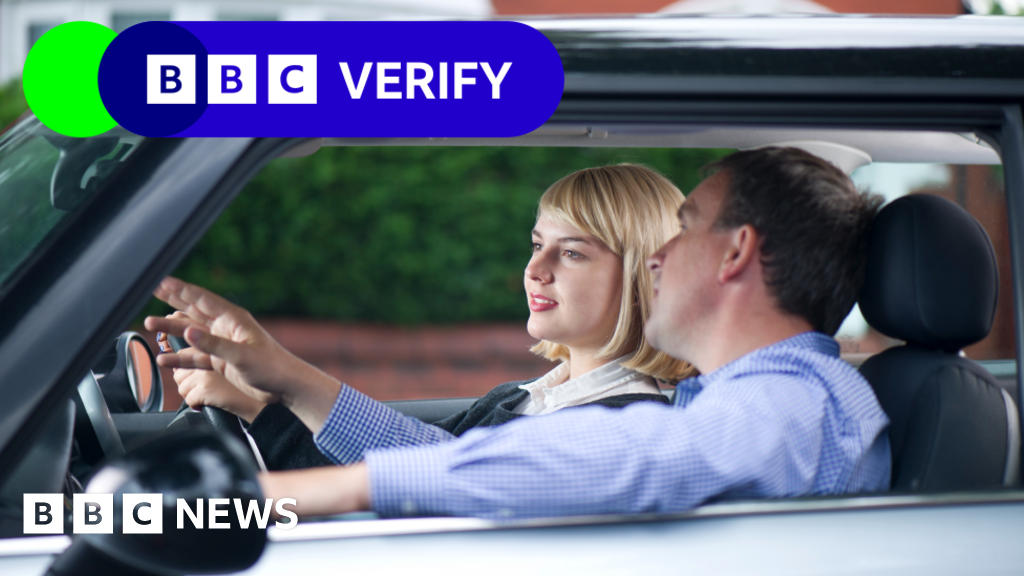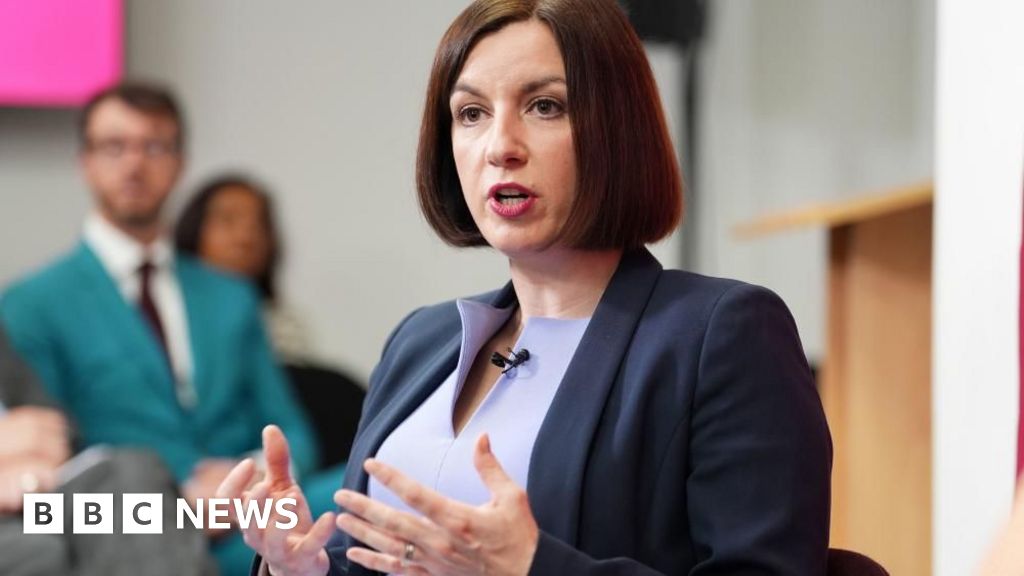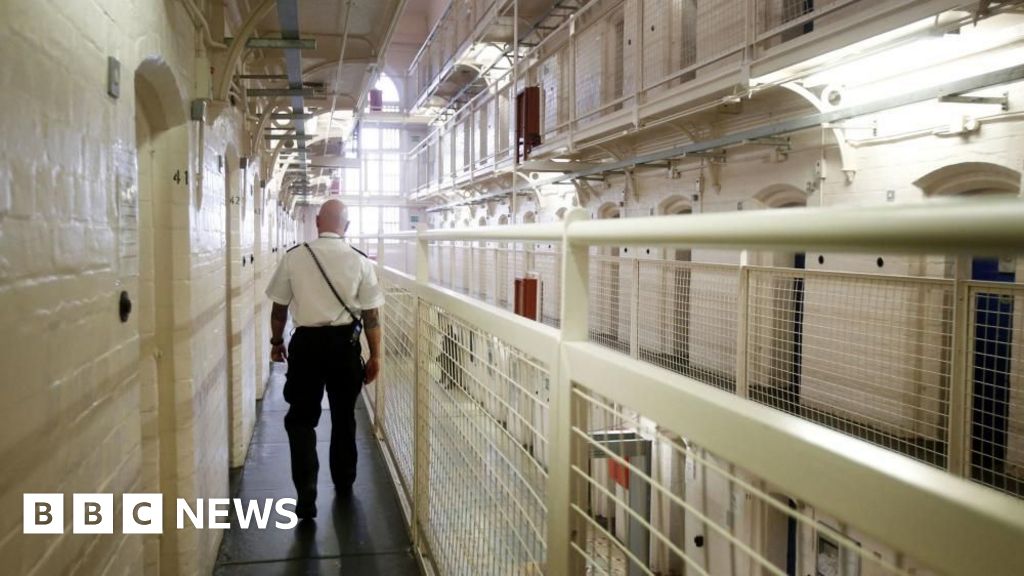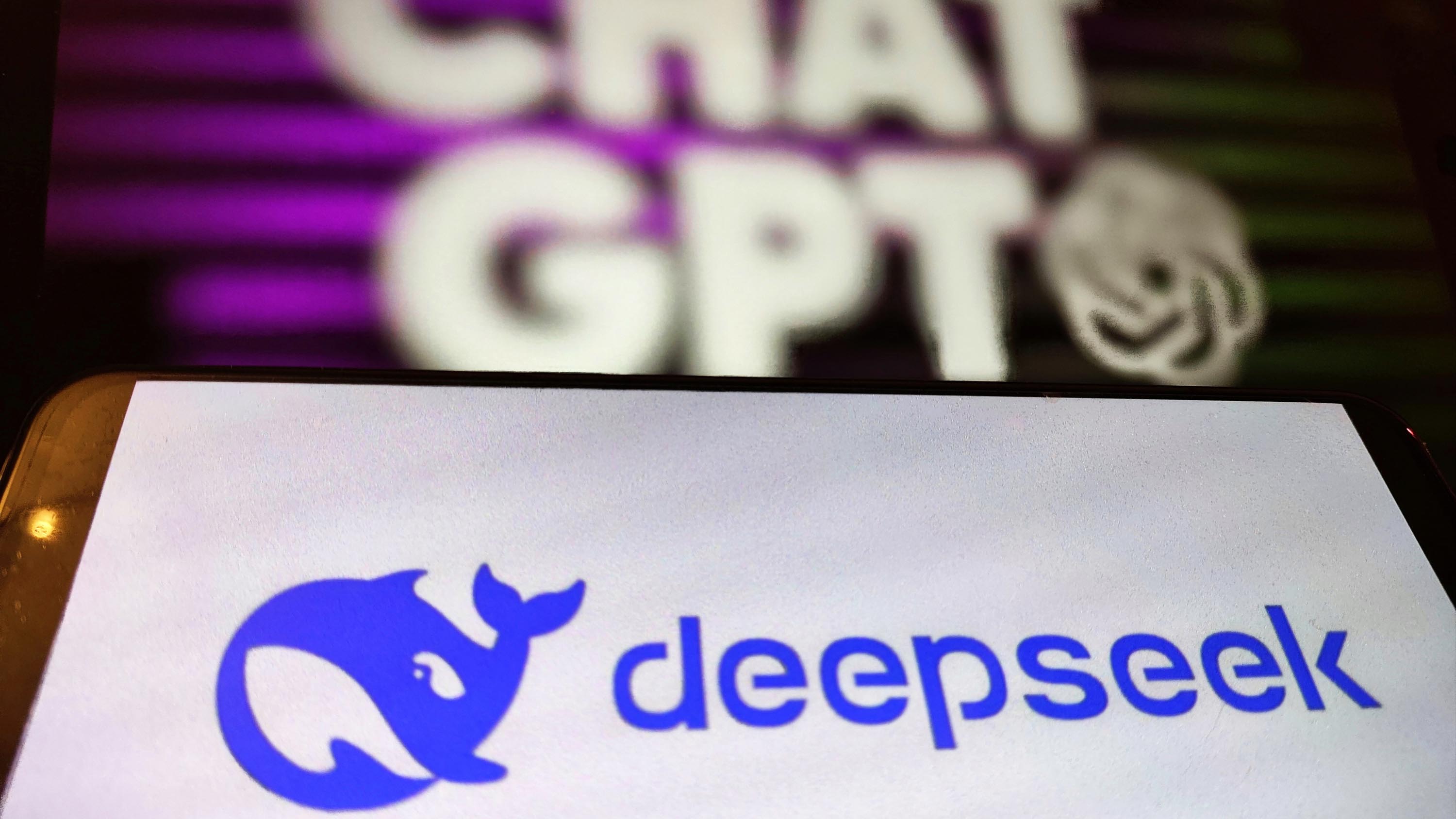Significant Delays at Driving Test Centres: Three Quarters Hit Maximum Wait Times

Recent findings from BBC Verify have revealed a troubling situation for aspiring drivers in Great Britain: a staggering three quarters of the countrys 319 driving test centres are currently experiencing the maximum average wait time of 24 weeks to schedule a practical driving test. This crisis has emerged in the wake of the governments announcement of new measures aimed at alleviating the ongoing delays, which include initiatives to train more driving examiners and counteract the influence of automated software, known as bots, which have been monopolizing test slots.
The backlog of driving tests has been steadily increasing since the onset of the Covid-19 pandemic and has worsened since Labour assumed power in July 2024, according to the data obtained through a Freedom of Information request from the Driver and Vehicle Standards Agency (DVSA). As of March 24, 2025, the average waiting time for a driving test across Great Britain is now reported at 22 weeksup from 18 weeks just after the change in government.
Particularly concerning is the situation in Greater London, where a staggering 28 out of 30 test centres have reached this maximum waiting threshold of 24 weeks. Disturbingly, only a mere 10% of centres reported an average waiting time of less than 10 weeks. Notably, two centres in Wales have achieved relatively shorter wait times, with Bala offering a one-week wait and Bangor following close behind at three weeks. Similarly, Oswestry, located just over the border in England, is also managing a three-week average wait.
Millie Moyler, a nearly 19-year-old learner driver from Buckinghamshire, has expressed her frustration with the system. Having been learning to drive for almost two years, she has been trying to secure a test since September 2023. Millie described the experience as a strain on her mental health, highlighting the immense pressure that such delays can impose. Her mother, Sara, has reported that within a WhatsApp group she participates in, hundreds of tests are allegedly being sold each week for various locations, with prices soaring to around 200 per test. In stark comparison, the official DVSA fees are 62 for weekday tests and 75 for evenings, weekends, or bank holidays.
Both Millie and her mother have firmly rejected the idea of purchasing these test slots, deeming it morally wrong and a practice that only exacerbates the ongoing issue. Millie lamented, Its been a ridiculous process. Driving is a basic life skill, and it shouldnt be this difficult to obtain. Although she has finally managed to book a test for July, she has expressed her anxiety over the possibility of failure, fearing another lengthy wait and the continued expense of driving lessons to maintain her skills.
So, what has led to such an extensive backlog? The DVSA attributes the sharp increase in waiting times to factors that began during the pandemic. At the start of 2020, the average wait time for a driving test was a mere six weeks. However, as the Covid-19 crisis progressed, driving tests were halted multiple times, and at one juncture, they were only available for emergency and key workers. Consequently, the average waiting time surged to approximately 15 weeks by the pandemic's conclusion.
Moreover, the DVSA has observed that many individuals are now booking their tests much earlier in their learning process, which often results in them not being adequately prepared by the time the test rolls around. In response to this trend, the agency has launched a campaign titled 'Ready to Pass?' to encourage learners to schedule their driving tests only when their instructors deem them ready. Despite these initiatives, waiting times escalated significantly in early 2023, although a temporary decrease was noted from October 2023 when the government announced plans to redeploy qualified examiners who were not actively conducting tests. This redeployment strategy is set to be revived, alongside the introduction of overtime payments for examiners.
In addition to addressing the backlog with more examiners, the government is taking steps to combat the issue of bots that have been flooding the booking system. Bots, which are automated programs designed to quickly secure available test slots, have made it increasingly difficult for individual learners to book their tests. The DVSA has urged the public against purchasing test slots through social media platforms, warning that these transactions may be scams and can lead to inflated prices. In January, the government enacted several changes to the booking system, including restricting bookings to only approved driving instructors (ADIs) and their driving schools, prohibiting ADIs from booking tests for learners they are not currently teaching, and allowing only one provisional licence test to be booked at a time. Transport Secretary Heidi Alexander has announced plans for an accelerated consultation process scheduled for May, aimed at enhancing the booking system and effectively blocking bots from accessing available tests.
With the ongoing difficulties in securing driving tests, it remains to be seen how effective these new measures will be in alleviating the stress on learners and restoring a sense of normalcy to the driving test process.


























